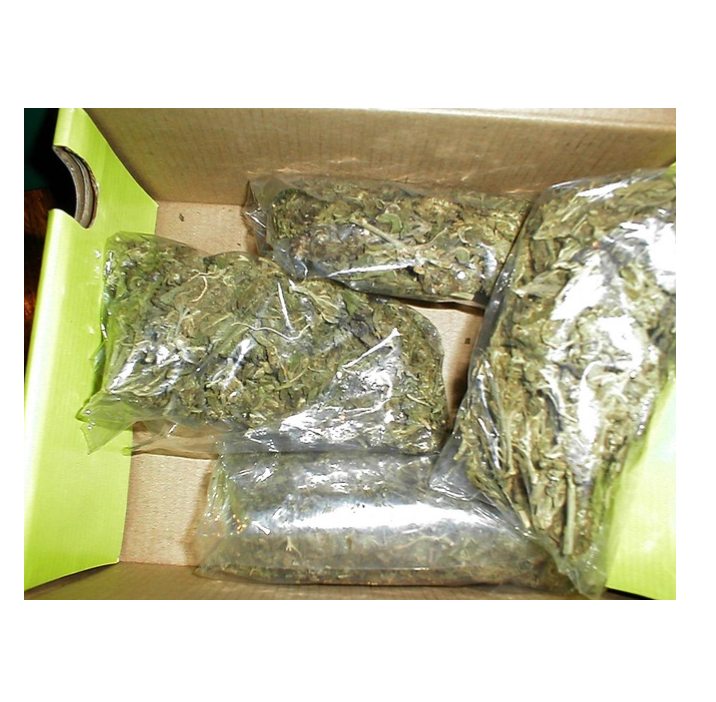HMA v Andrew Docherty and Others 10th of May 2011, High Court of Justiciary
Citation: HMA v Andrew Docherty and Others 10th of May 2011, High Court of Justiciary
Rule of thumb: If you have been caught dealing drugs, what kind of criminal punishment can you expect? It is largely related to value - if it is in the tens of thousands of pounds you have been caught with then you can expect to go prison for several years.
Judgment:
The basic facts of this case were that there were 5 fairly young men from Clydebank involved in the potential supply of cocaine in around Attlee Place in Clydebank. Docherty was the leader of this group. Mr Docherty negotiated deals to be worth up to around £150,000 with these mystery people which was to proceed on a staggered basis. Docherty negotiated a deal with someone, most likely someone possibly involved more highly up in the importation of cocaine, although this person was careful to meticulously cover their tracks and could never be identified for the trial to add this mystery person to the list of accused. To start the operation, Docherty essentially obtained a fairly large quantity of cocaine - this cocaine was thought to have a street value of around £30,000, as well as an approximately £5,000 stash of cash to be used for expenses. Docherty was facing 6 years for being the co-ordinator of the operation, another was facing for 4.5 years and the others were facing 3 years each for helping out – stashing the cocaine in a flat, transporting Docherty to meetings and transporting the drugs. Docherty pleaded guilty at a fairly early stage before the trial was due to commence and his 6 year sentence was reduced to 5 years. The one facing 4.5 years had this reduced to 3 years due to an early guilty plea, and the other two people facing 3 years had their sentence reduced to 2 years after guilty please. The other facing 3 years pled not guilty and was sentenced to the full 3 years. They had also all been carrying out respectable behaviour in society – having a family life, working and not being involved in any trouble – which was taken into consideration.

Ratio-decidendi:
“Andrew Docherty, Neil William Clinton, James Stephen Bole Everett, Bryan McKay and Stuart Graham, you have each been convicted, four of you in terms of a plea, and you James Everett after trial, of being concerned in the supply of cocaine. The extent of your individual involvement and the value of the drugs with which each of you was concerned were reflected in the agreed narrative in respect of those of you who pleaded guilty and in the evidence led at the trial in respect of Mr Everett. For the avoidance of doubt, I proceed on the basis of the valuation of the drugs in the narrative, which is less than that in the evidence. I do not think it necessary to repeat at length the details of your individual involvement. However, it is fair to point out that you Mr Docherty played the most significant role of all the accused... You Mr Clinton drove Mr Docherty to Attlee Place and the country club on 22 October. You Mr Everett were involved on 2 October with Mr Docherty in the transport of the drugs and cash which I have already mentioned. Mr McKay you collected the drugs from the country club on 22 October. You Mr Graham allowed your flat to be used that day for the significant operation to which I have just referred...’, Lord Matthews
‘Given the nature and value of the drugs concerned, custodial sentences are inevitable for all of you.’ Lord Matthews
“You Mr Docherty and Mr Everett have had limited criminal involvement in the past but your convictions are of no significance in the current context... ‘,Lord Matthews
‘You have all been able to hold down employment and to one extent or another have family and other responsibilities... Mr Docherty, had you been convicted after trial the sentence would have been one of six years imprisonment. I take account of the timing of your plea and am prepared to give a rather greater discount than I would normally for a plea at a trial diet given the extent to which you had earlier indicated you would plead guilty. The sentence in your case is therefore one of 5 years imprisonment. Mr Clinton in your case the sentence would have been 3 years after trial but I will reduce that to 2 years and three months. Mr Everett you will go to prison for three years. Mr McKay the sentence in your case would have been 3 years after trial but given the timing of the plea, which was agreed before the preliminary hearing, I will reduce that to 2 years and one month. Mr Graham, in your case the sentence would have been one of 4 years and 6 months imprisonment but I will reduce that, in view of the timing of the plea, to 3 years and 2 months’. Lord Matthews
Warning: This is not professional legal advice. This is not professional legal education advice. Please obtain professional guidance before embarking on any legal course of action. This is just an interpretation of a Judgment by persons of legal insight & varying levels of legal specialism, experience & expertise. Please read the Judgment yourself and form your own interpretation of it with professional assistance.

